Alexander Lukashenko, the longtime leader of Belarus, has hinted that he may not seek another term as president. This statement marks a notable shift from the man who has ruled the country with an iron grip for over 30 years, now serving his seventh term.
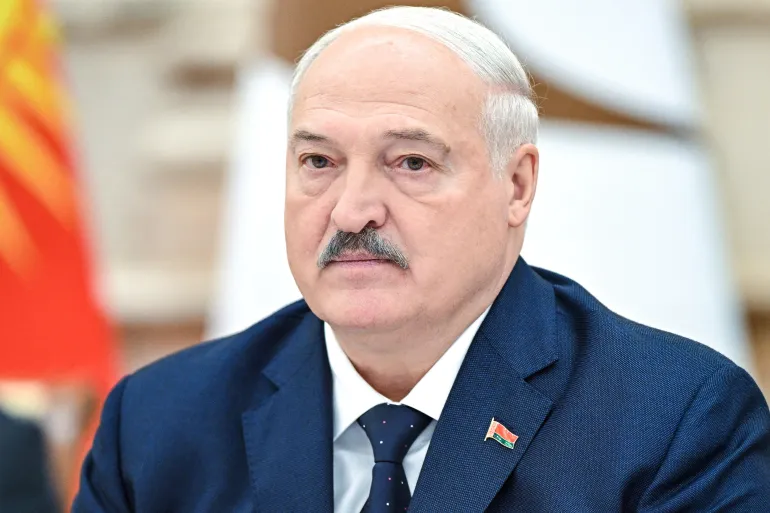
A Dominant Figure in Belarusian Politics
Since 1994, Lukashenko has dominated Belarusian politics, maintaining power through controversial elections, strict control over dissent, and close ties with Russian President Vladimir Putin. His leadership style has often been described as authoritarian, marked by repression of opposition and suppression of free media.
Now, with growing internal and external pressures, his recent remarks suggest the possibility of a transition — a development that could reshape the political landscape of Belarus and its role on the world stage.
The Struggle Behind the Curtain
Belarus has faced significant unrest over the past years. Mass protests erupted in 2020 following a disputed presidential election widely condemned by Western countries as rigged. The government’s harsh crackdown on demonstrators intensified global condemnation and sanctions.
Despite these challenges, Lukashenko managed to cling to power, largely backed by Putin and the Kremlin. His regime has relied on a combination of security forces, propaganda, and political maneuvers to sustain control.
Why This Matters: Regional and Global Implications
Lukashenko’s hint at stepping down is significant not only for Belarus but also for the broader Eastern European region. Belarus is a key Russian ally, and its stability directly affects geopolitical tensions, especially amid the ongoing conflict in Ukraine.
A leadership change could recalibrate Belarus’s foreign policy, potentially altering its strategic partnership with Russia. This development will be closely monitored by NATO, the European Union, and international observers.
What’s Next for Belarus?
While Lukashenko’s comments are cautious, they open the door to speculation about succession and reform. Will Belarus witness a genuine political opening, or will the transition maintain the status quo under new leadership?
The opposition remains fragmented and heavily repressed. For meaningful change, internal pressure and international engagement would need to intensify. The coming months may prove critical in defining Belarus’s future trajectory.
Conclusion
The longtime Belarusian leader’s suggestion that he may not seek another term represents a potential turning point in a country long ruled with an iron fist. For analysts, policymakers, and observers, this moment is laden with uncertainty and possibility.
As the Kremlin’s ally navigates these uncharted waters, the global community watches closely — aware that Belarus’s next chapter could have profound regional and international repercussions.





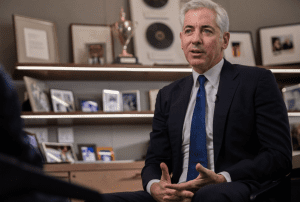







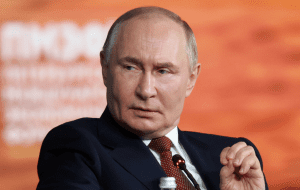
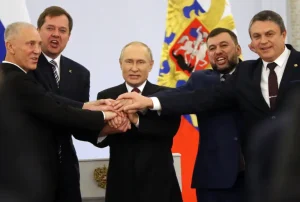

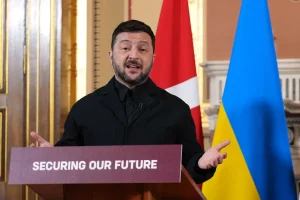
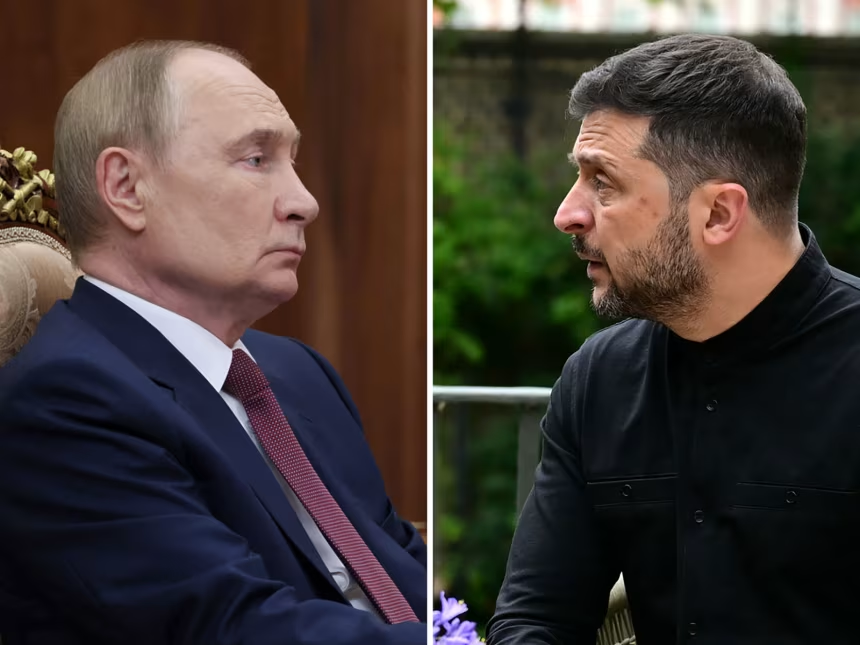
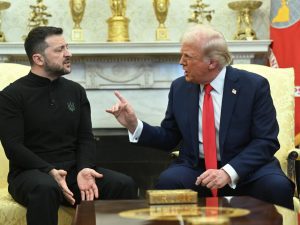
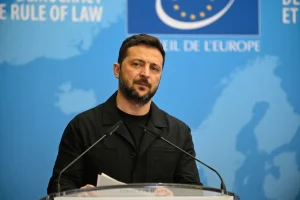
Comments are closed.